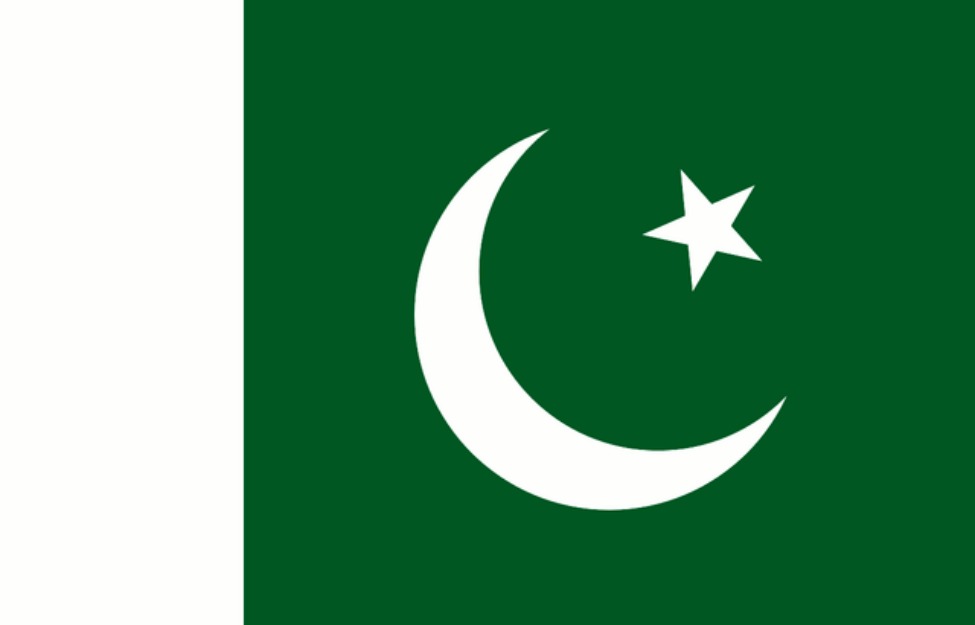Country
Pakistan
The Girls' Education Challenge (GEC) had two projects working in Pakistan which improved the learning opportunities and outcomes for 36,185 of the country's most marginalised girls.
Leave No Girl Behind projects
Closing the Gap - completed implementation in May 2023
The Closing the Gap project supported 5,928 girls and was implemented by ACTED.
In Pakistan, around 22.8 million children between the ages of five and 16 are not attending school (44% of the age group’s population), and enrolment rates for girls are considerably lower than for boys. Since 2022, the floods in Pakistan have also exacerbated the situation, with over 1.96 million children at risk of losing out on education due to its impact on community infrastructure. The districts targeted by the project have some of the worst education outcomes for girls with girls facing multiple barriers which include financial barriers, a lack of qualified female teachers, early marriage, heavy domestic burdens, insecurity, under-resourced schools, and a lack of support of girls’ education due to socio-cultural norms.
The project beneficiaries include girls who have never been to school or dropped out, married, orphaned, girls from ethnic minority groups and girls with disabilities. The goal of the project was to ensure that girls had improved learning outcomes, transitioned to formal school wherever required and appropriate, and gained market-relevant livelihood and life skills. This was done through an accelerated learning programme (ALP), life skills and mentorship sessions, technical and vocational education, and training (TVET) and financial literacy training.
TEACH - completed implementation in March 2023
The TEACH project supported 30,257 girls and was implemented by the International Rescue Committee.
Globally, Pakistan has the second-highest number of out-of-school children, with approximately 22.8 million between the ages of five and 16 years not attending school. Baluchistan has the highest number of out-of-school children (47%) and the lowest literacy rate (46%) amongst all provinces. Poverty is the main barrier to education, and rates are poverty are higher in rural areas (85%) in comparison to urban areas (38%). Project communities are generally remote and hard to reach thus access to schools is an issue. In addition, these communities tend to have conservative attitudes towards gender norms, and place little value on girls’ education.
TEACH increased the most marginalised girls’ access to education and improved their learning, transition outcomes and life standards through supporting their engagement in more formal education, technical education and employment. It developed safe learning centres for underprivileged, out-of-school girls, girls that were married or pregnant, and girls with disabilities. Dependent on age, the girls enrolled in one of two pathways: younger girls were supported via an Accelerated Learning Programme (ALP) after which they transitioned to formal or non-formal education. There was a more employment skills-based approach for the older girls. The project also addressed harmful social norms and the barriers faced by girls in accessing education at the family, community, school and system levels.
